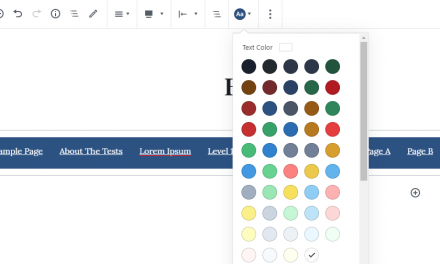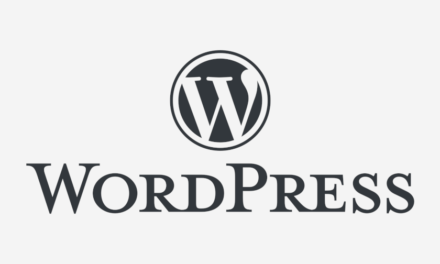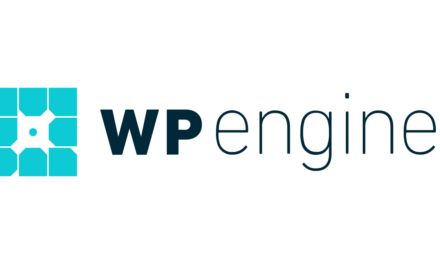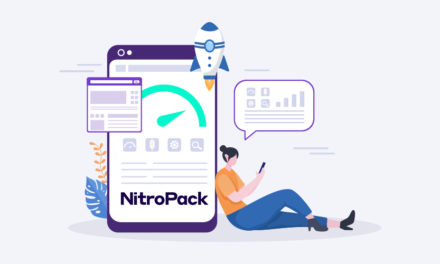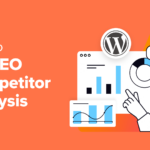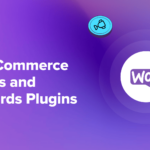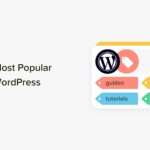This week WordPress’ Documentation team announced a ban on links to commercial websites in a revision to its external linking policy:
During discussion about external linking policy, we came to conclusion that we won’t allow, at least in the beginning and for the time being, any commercial blogs. So before you start arguing that some popular plugin’s blogs have valuable information, let me stop you right there.
Allowing “popular plugin’s/theme’s/services’ etc blogs” and all other commercial blogs will put us in a position to protect documentation from being abused as marketing media, to protect ourselves from accusations of being biased and to defend every decision we make along the way. And still, there will be dissatisfied sides claiming we weren’t fair and did them wrong. The idea of allowing external linking will become its own purpose.
Despite the announcement’s abrasive phrasing discouraging further discussion on the matter, the controversial decision stirred up a heated conversation in the comments. Yoast founder Joost de Valk contends that companies contributing to WordPress might as well receive some promotion as a benefit:
I understand that you want to prevent discussions about bias.
But I think your premise here is wrong: you’re saying you’re not “biased” if you’re not linking to commercial companies. I would say we’re all inherently biased, because some of those companies do a lot for the WordPress community, while others do not.
The companies that contribute to WordPress a lot used to get some links, and thus some promotion as benefit from the fact that they’re contributing. By removing that from them, you’re basically treating those that don’t give back the same as companies that do give back, something which I think is simply wrong. So I very heavily disagree with this decision.
Milana Cap, the Documentation Team member who penned the announcement, clarified that the policy change does not remove external links to commercial sites from WordPress.org. It only applies to documentation sites, including HelpHub, Code Reference, Plugin and Theme Developer Handbook, Block Editor Handbook, Common APIs Handbook.
“There is no way to make this fair,” Cap said. “And we can discuss about many unfair parallels happening in open source communities; such as how many hours per week can be contributed by a freelancer vs paid company contributor, meeting times (where decisions are made) in the middle of the night in your timezone etc.”
Timi Wahalahti suggested one solution would be to better utilize the Five for the Future pledges page to identify significant contributors to documentation if links to commercial sites are no longer an option.
Several commenters noted the value of linking to additional examples and resources but also recommended WordPress put a version or timestamp in place to give the reader more context.
WordPress agency owner Jon Brown characterized the ban as “undesirable gatekeeping,” saying that the policy suggests all things commercial are “inherently corrupt and not trustworthy nor valuable.”
“A links value is inherently subjective and ought to be delt with subjectively,” Brown said. “Trying to create high level objective rules doesn’t seem beneficial or realistic. I certainly disagree that all ‘commercial’ sites should be blanket banned.
“I do think there are some low level disqualifiers that could guide authors and moderators in what links are appropriate. Those should be criteria that directly impact the users of docs, and being commercial doesn’t. Those are things like, the source being accessible, the source not being pay walled, etc.”
Cap responded, saying that the root of the issue is that allowing commercial links puts the documentation team in the unwanted position of having to find a fair way to decide on which links are allowed to be included. She also indicated that the policy may evolve over time but that for now the decision on the ban is final.
“Perhaps over time we’ll figure that out,” Cap said. “We’ll certainly know more once we start doing it. For now, this is the decision.”
External sources can be valuable supplements to documentation, but this conversation underscores the need for better incentives for people to spend time documenting WordPress. As the team is already running on limited resources, they are trying to avoid having to heavily police links to commercial websites.
“The bottom line is: we haven’t figured out the best way to deal with commercial blogs or sites in a fair manner and thus our focus is going to be on links that don’t drop into that grey zone,” Cap said. “We do expect to eventually get towards discussing how we can safely include commercial blog links (if this even is possible).”



